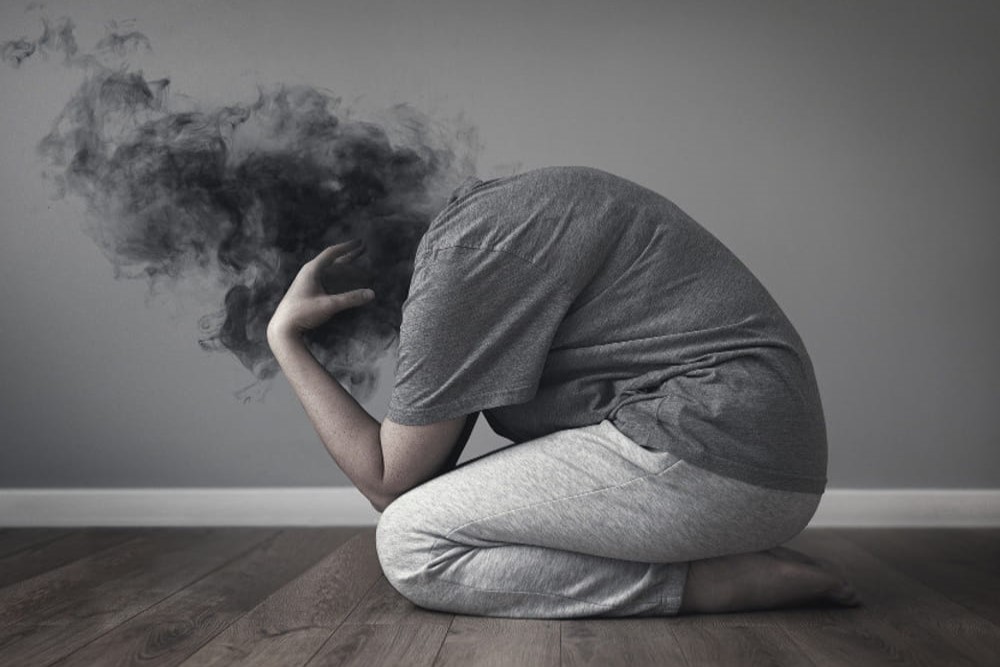Depression is more than just feeling sad or low; it's a mental health condition that affects how you think, feel, and function in daily life. It can make even simple tasks seem overwhelming, and without proper care, it may lead to serious consequences. Understanding depression is the first step toward managing and overcoming it.
What is Depression?
Depression is a mood disorder characterized by persistent feelings of sadness, hopelessness, and a lack of interest in activities once enjoyed. It can also cause physical symptoms, such as changes in sleep, appetite, and energy levels.
Common Symptoms of Depression
- Persistent feelings of sadness or emptiness
- Loss of interest in hobbies or activities
- Difficulty concentrating or making decisions
- Fatigue or low energy levels
- Changes in appetite or weight
- Sleeping too much or too little
- Feelings of worthlessness or excessive guilt
- Thoughts of self-harm or suicide
What Causes Depression?
Depression can arise from a complex mix of factors, including:
- Biological Factors: Chemical imbalances in the brain can contribute to depressive symptoms.
- Genetic Predisposition: A family history of depression increases the risk.
- Psychological Factors: Negative thought patterns, low self-esteem, or past trauma can trigger depression.
- Environmental Factors: Stressful life events, such as job loss, relationship issues, or bereavement, can lead to depression.
- Chronic Illness: Conditions like diabetes, heart disease, or chronic pain can also contribute.
Types of Depression
- Major Depressive Disorder (MDD): Intense symptoms that interfere with daily life.
- Persistent Depressive Disorder (PDD): Long-term, less severe symptoms lasting at least two years.
- Postpartum Depression: Depression occurring after childbirth.
- Seasonal Affective Disorder (SAD): Depression linked to seasonal changes, often during winter.
- Bipolar Depression: Part of bipolar disorder, characterized by alternating episodes of depression and mania.
How to Overcome Depression
- Seek Professional Help: Consult a psychologist or psychiatrist for therapy or medication if needed.
- Practice Self-Care: Regular exercise, a healthy diet, and good sleep hygiene can improve symptoms.
- Build a Support Network: Share your feelings with trusted friends or family members.
- Challenge Negative Thoughts: Cognitive Behavioral Therapy (CBT) techniques can help reframe negative thinking.
- Set Realistic Goals: Break tasks into smaller steps to avoid feeling overwhelmed.
- Avoid Alcohol and Drugs: These substances can worsen symptoms over time.
- Consider Mindfulness and Meditation: These practices can reduce stress and improve emotional well-being.
When to Seek Help
If you or someone you know experiences persistent symptoms of depression that interfere with daily life, it's crucial to seek professional help. Early intervention can prevent the condition from worsening and provide relief sooner.
Final Thoughts
Depression is a common but treatable condition. With the right support and coping strategies, it is possible to manage symptoms and lead a fulfilling life. Remember, seeking help is a sign of strength, not weakness.
If you or someone you know is struggling with depression, reach out to a trusted mental health professional. Help is available, and recovery is possible.
Take the first step today—your mental health matters.

